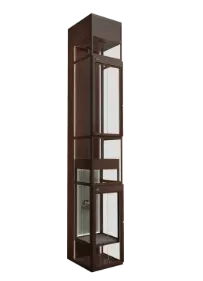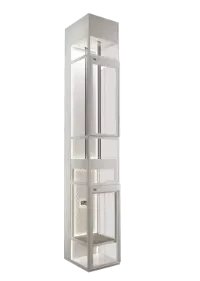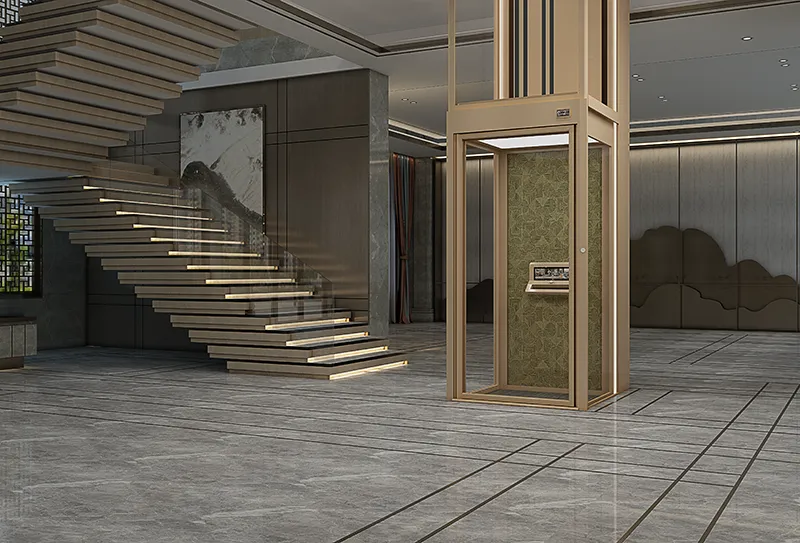Home Lifter: Core Technologies and Applications
Home lifters, encompassing residential elevators and vertical mobility solutions, have become pivotal in addressing accessibility needs in multi-story homes. These systems include hydraulic, traction, and pneumatic vacuum elevators, each with distinct advantages. Hydraulic models dominate the market due to their cost-effectiveness and adaptability for low-to-medium-rise buildings, while traction systems are favored for energy efficiency in high-rise applications. Innovations like machine room-less (MRL) designs and IoT-enabled predictive maintenance further enhance their appeal, particularly in aging populations and smart home integrations.

Market Growth and Regional Preferences
The global home lifter market is projected to grow at a CAGR of 8.66%, reaching $21.2 billion by 2032, driven by urbanization, aging demographics, and rising disposable incomes. In Asia-Pacific, rapid urbanization and demand for luxury residences fuel adoption, with China leading production and export. Europe and North America prioritize retrofitting historical buildings with hydraulic systems, while emerging markets like Southeast Asia adopt hybrid solutions combining reliability and affordability.
Sustainability and Technological Innovations
Sustainability challenges, such as mineral oil dependency in hydraulic systems, are pushing manufacturers toward bio-based fluids and hybrid electric-hydraulic drives. Smart technologies, including AI-driven diagnostics and voice-controlled interfaces, reduce energy consumption by 30% and enhance user experience. For instance, IoT platforms like Joylive’s Joycloud optimize maintenance schedules, cutting downtime by 25%.
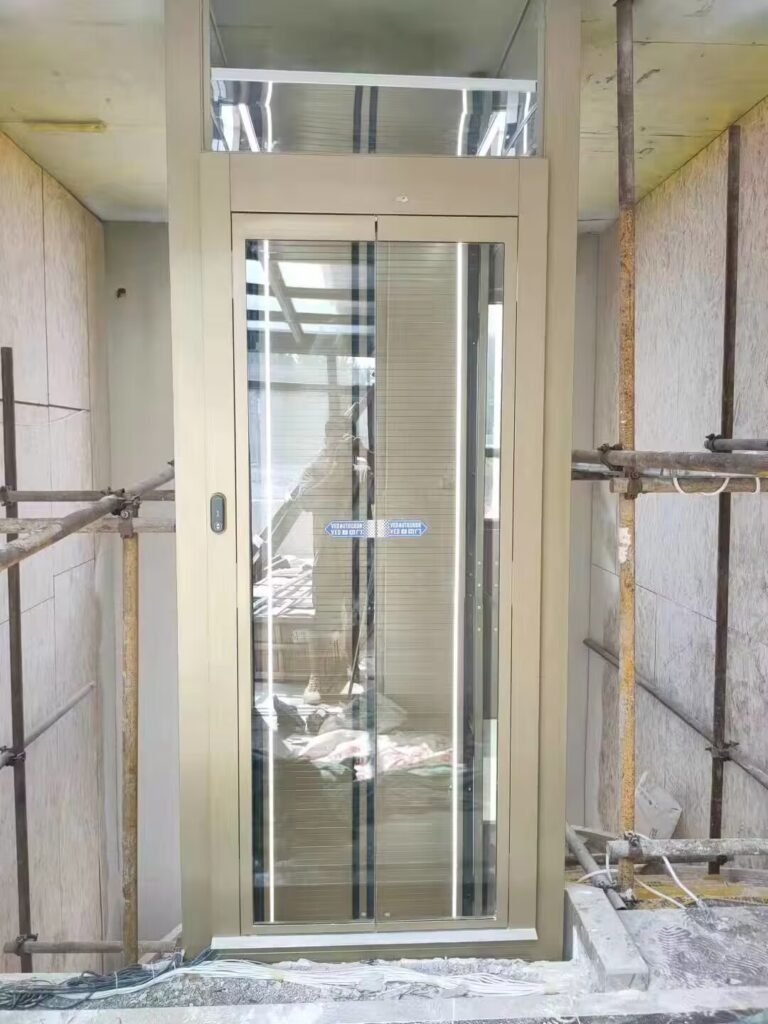
Policy Support and Consumer Trends
Government initiatives, such as China’s “Double Carbon” policy and Beijing’s 2024 ultra-long-term special bond program for elevator replacements, highlight the role of policy in accelerating home lifter adoption. Consumer demand leans toward customizable designs, with premium models offering cabin aesthetics matching home decor, such as glass panels and modular configurations.
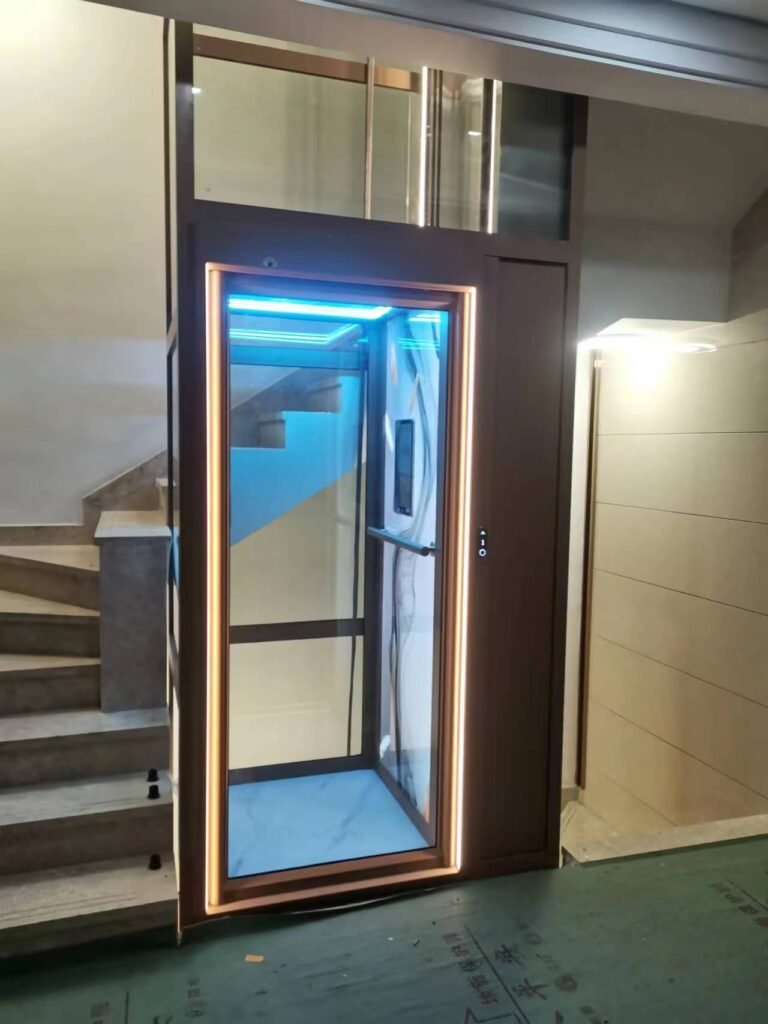
Future Outlook: Integration with Smart Ecosystems
The future of home lifters lies in seamless integration with smart city frameworks. Partnerships like Homestyler’s collaboration with the OpenUSD alliance aim to standardize 3D design workflows, enabling virtual planning of elevator installations. Additionally, AI-driven traffic management systems, akin to Thyssenkrupp’s MULTI elevator, promise to optimize vertical mobility in high-density urban areas.

